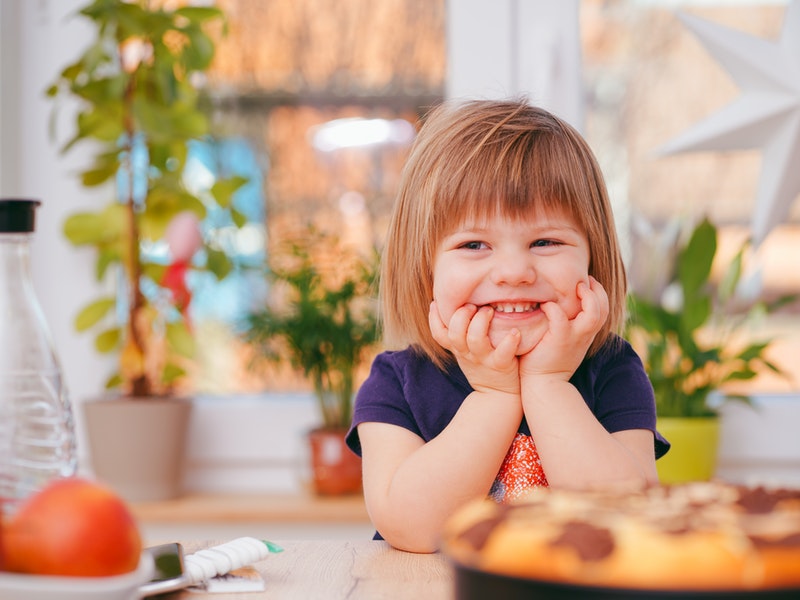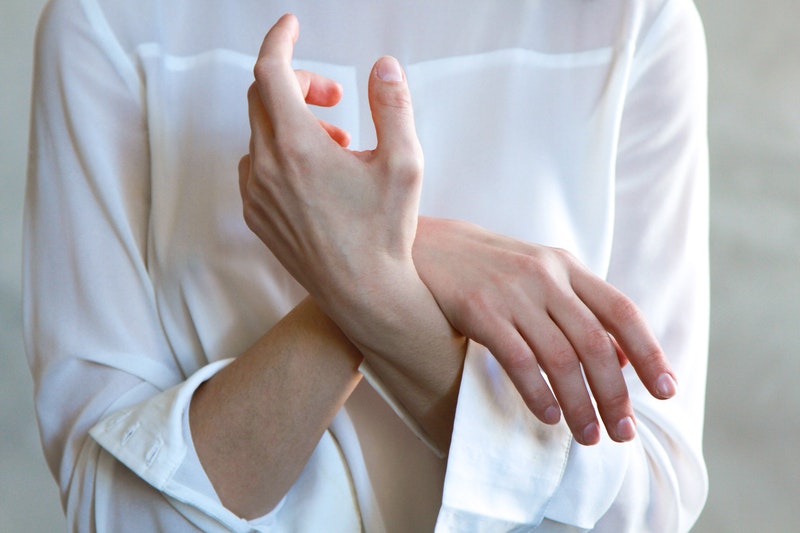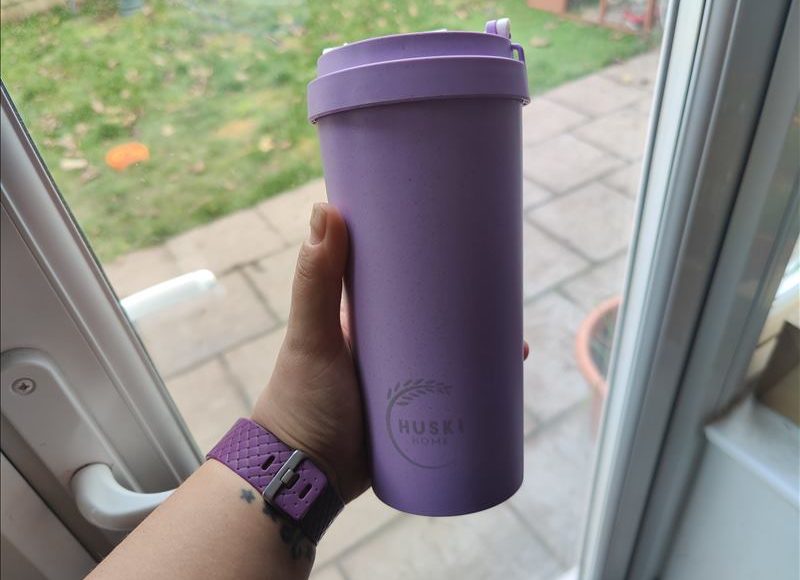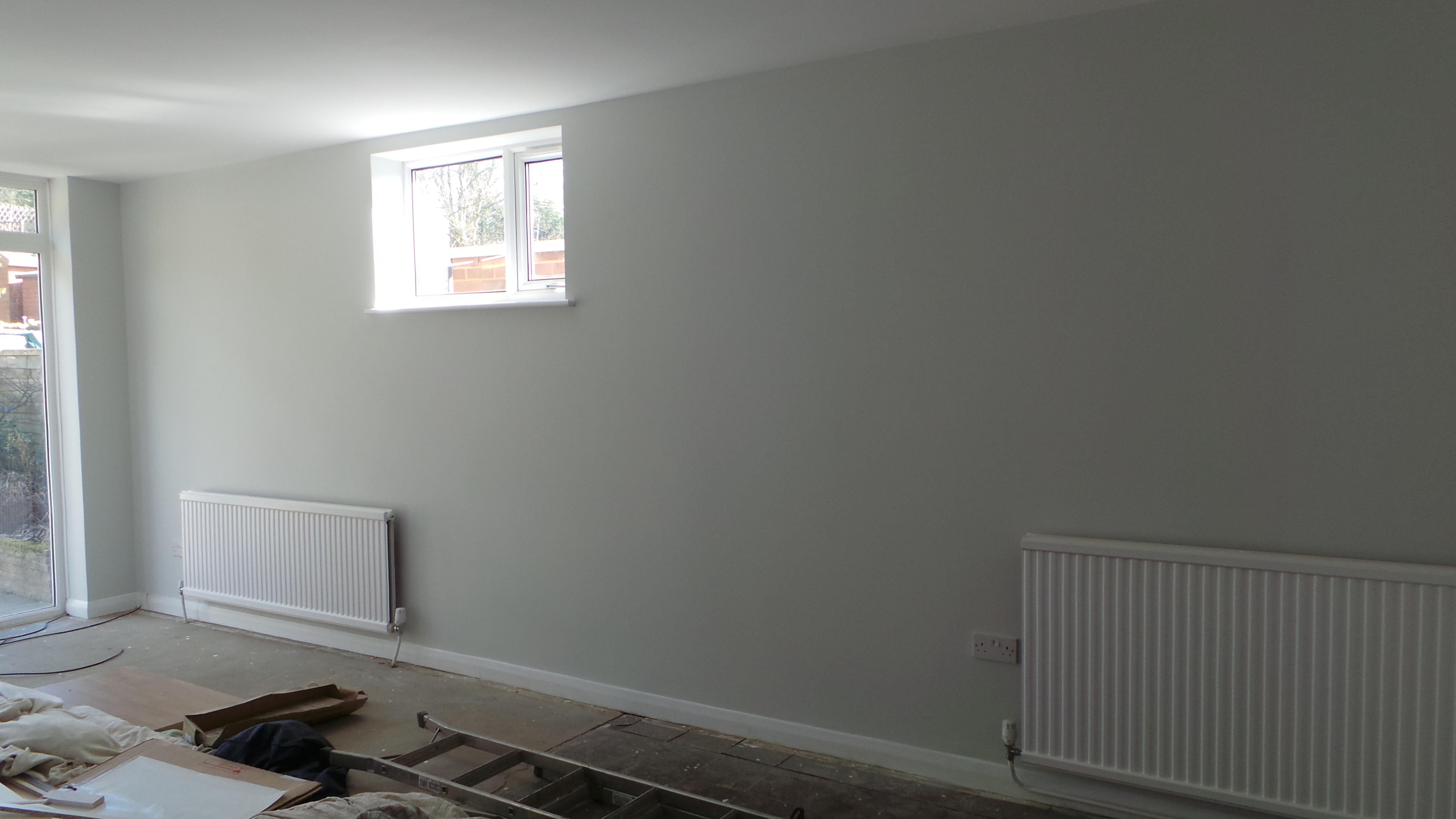Guide for Parents With Anxious Children

Whether your child is a toddler or a teen, you hate to see your baby struggling. It can be challenging to recognize that your child has anxiety issues. One reason for this is that children sometimes exhibit different symptoms than adults. Anxiety can be especially difficult for school-age kids. You may consider trying natural remedies for anxiety in children as you look into various ways to help your child. First, it’s imperative to determine if your child is experiencing chronic or persistent stress. Then, you and your child can begin finding the most effective treatments.
Does My Child Have Anxiety?
There are many ways symptoms of anxiety can manifest. For one thing, it depends on the specific person. You may notice one of these symptoms occasionally or see consistent behaviors. It can be challenging to determine if some of these symptoms result from anxiety or another cause, especially when your little one is very young and can’t express emotions in words as well as an older child.
- Poor concentration
- Tantrums
- Restlessness
- High expectations
- Trouble transitioning
- Avoidance
- Insomnia
- Physical symptoms (e.g., stomachaches, headaches)
- Crying
If punishments that once worked to manage your child’s behavior are no longer effective, the reason may be more than simply a willful child. Anxiety can cause frustration in the child and bring on the same emotions for the affected child’s parents. Anxiety symptoms often look like disorders such as ADHD or even a learning disability. It’s essential to determine the cause and find effective treatments as soon as possible.
How To Ease My Child’s Anxiety
Sometimes symptoms of anxiety come on suddenly. You may be at a loss regarding handling your son or daughter during these behaviors. A child counselor or psychiatrist can assist in figuring out the cause of these behaviors and how to treat them. Counseling may be all your child needs to learn to deal with these emotions. Anxiety medication for children helps ease the symptoms of some kids with more severe anxiety. A doctor will determine if a prescription drug could be of any additional help. Children will automatically find ways to cope with their stress if they don’t receive support. Sometimes these coping mechanisms can be even more harmful than the anxiety itself, causing added anxiety or other emotional problems, such as obsessive-compulsive disorder or major depression.
What Causes Anxiety in Children?
Like adults, anxiety can occur as a result of various issues. Without adequate treatment, a frightening or traumatic event often leads a child to experience emotional distress and long-term anxiety. Small children can sometimes misinterpret something they see, viewing it as scary. Yet, parents or teachers may unintentionally not even consider the child’s perspective. Then, anxious behaviors begin. Unless and until the child can articulate feelings, their guardians may find it tough to determine what initiated them.
Anxiety can be extremely challenging for anyone to handle. These emotions can be incredibly confusing for a young child. Check out anxiety medication reviews today to begin on the road to a healthier, happier life for your child and family.





